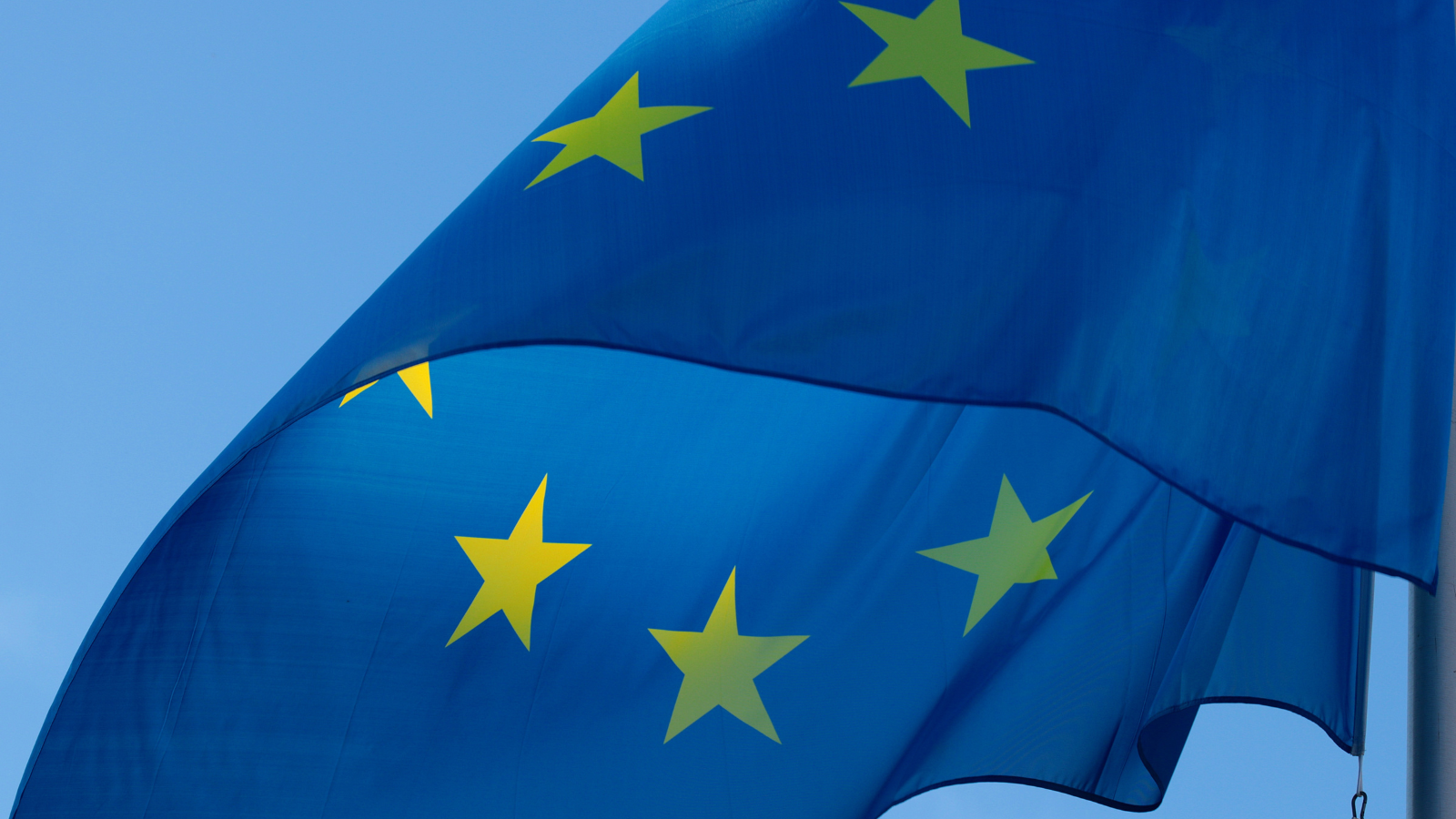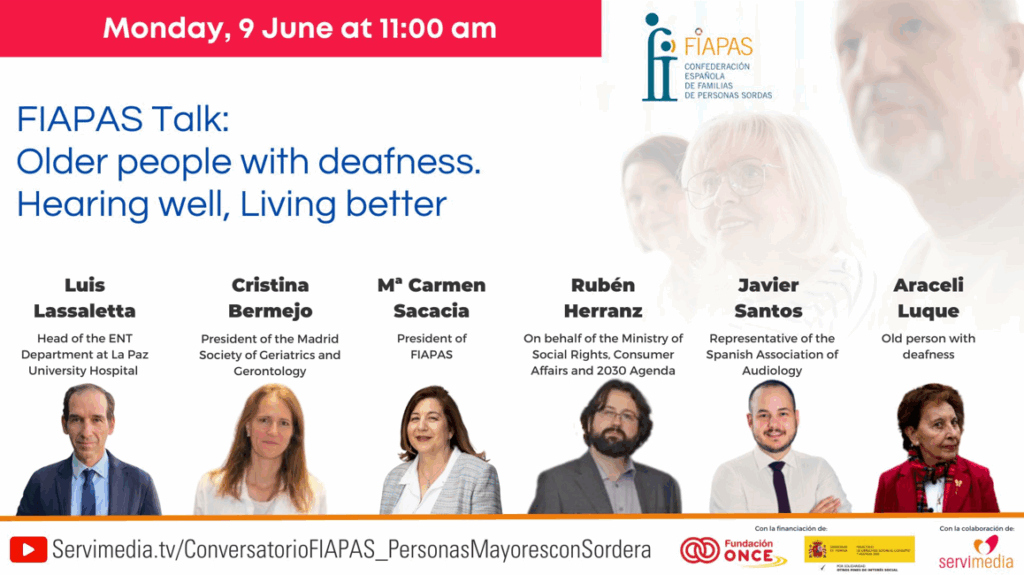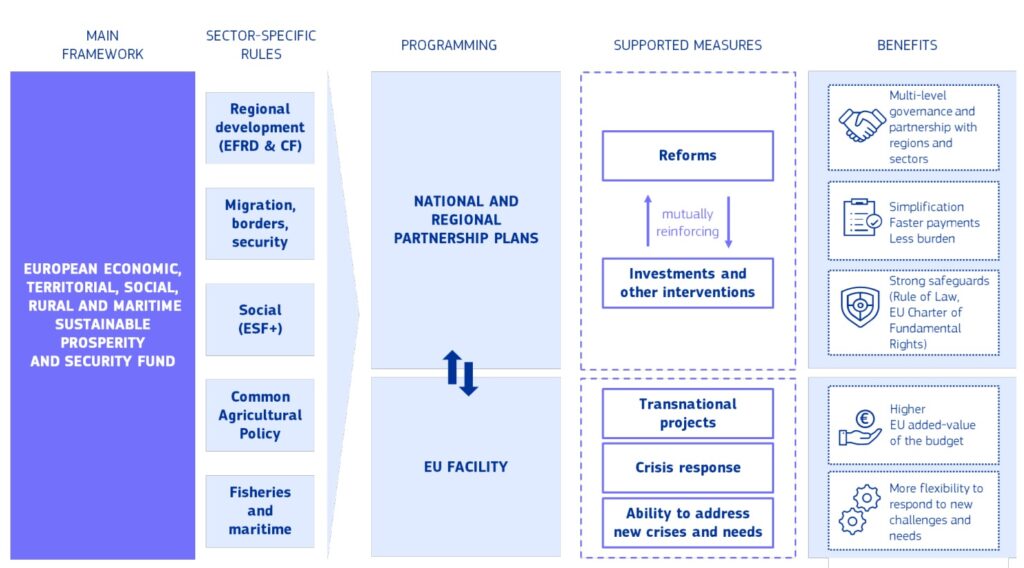In November 2022, the Digital Services Act (DSA), which introduces new rules for online service providers, came into force. It significantly improves the mechanisms for the removal of illegal content and for the effective protection of users’ fundamental rights online, including the freedom of speech. It also creates a stronger public oversight of online platforms, in particular for platforms that reach more than 10% of the EU’s population.
Online platforms had three months, after the date of entry into force, to report the number of active end users on their websites. 19 platforms – those with over 45 million active monthly users, or 10% of the EU’s population – were given by the European Commission the status of “very large online platforms” (VLOPs) or “very large online search engines” (VLOSEs). These include, among others, YouTube, Twitter, Facebook, Google, and LinkedIn. However, some companies have challenged the European Commission’s decision to label them VLOPs or VLOSEs. From the 25th of August 2023, those platforms and engines had to comply with the rules of the DSA and submit their risk assessments to the Commission.
A key aim of the DSA is to counter illegal content online, be it hate speech on platforms or illegal goods or services on marketplaces. The DSA does not define what constitutes illegal content. Yet, EU definitions exist for what concern terrorist content, child sexual abuse material and illegal hate speech. Member states can autonomously pass additional national legislation defining what is illegal. Regarding child sexual abuse, the Commission proposed in May 2022 a Regulation laying down rules to prevent and combat child sexual abuse.
Furthermore, the DSA includes some provisions on the protection of minors. Among other things, it provides a complete ban on targeted advertisements for minors on online platforms. Additionally, where a service is primarily directed at minors or is predominantly used by them, the service provider shall explain the conditions and restrictions of the use of the service in a way that minors can understand.
National authorities are still responsible for monitoring platforms whose headquarters are registered in their country. However, the European Commission is now empowered to monitor and sanction the list of VLOPs and VLOSEs. On the 24th of February 2024, the Digital Services Act rules will apply to platforms whose monthly users are below the 45 million threshold.
Read more here.





